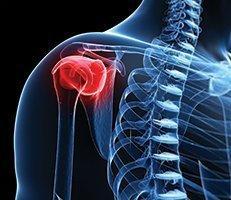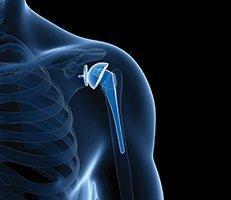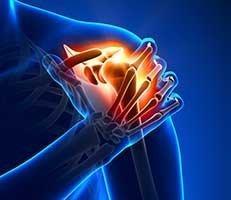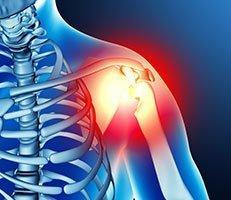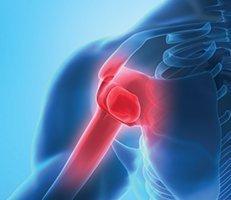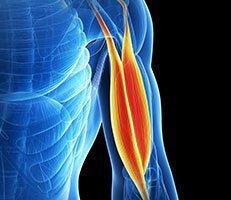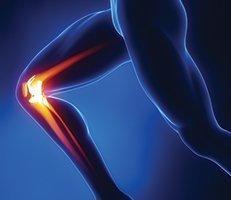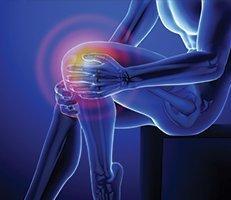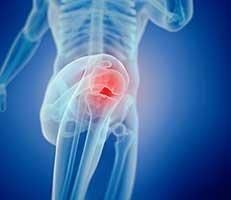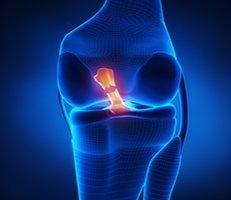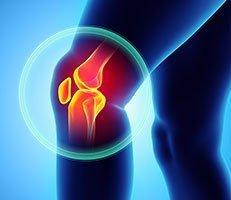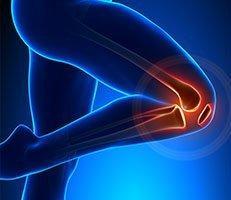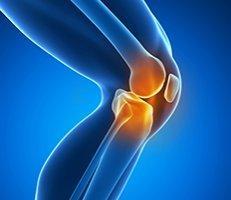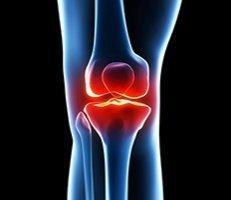Frozen shoulder, or adhesive capsulitis, is a shoulder disorder characterized by the spontaneous onset of stiffness and pain in the shoulder joint. The capsule of connective tissue that surrounds the shoulder joint becomes thick and tight, causing global movement limitations. It most commonly affects females in their 40s and 50s. Although doctors have not determined an exact cause, most believe it to be autoimmune in nature.
Frozen Shoulder Progression:
Although frozen shoulder generally affects one shoulder at a time, 20-30% of patients who experience unilateral frozen shoulder will eventually develop it in the opposite shoulder. Frozen shoulder patients generally experience three stages:
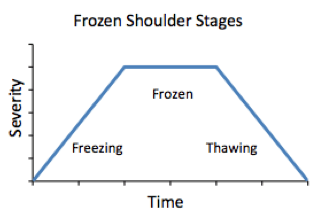
1) Freezing: the shoulder begins to stiffen. People generally first notice they have difficulty reaching behind their back. Over time, the shoulder becomes more and more stiff.
2) Frozen: stiffness stops increasing and plateaus.
3) Thawing: stiffness slowly begins to subside.
Each stage lasts roughly the same amount of time, between 3-6 months, or 9-18 months in total for a shoulder to cycle through all three stages. Remember, however, that these numbers represent averages and each person’s body is different.
Frozen Shoulder Treatment Options
Unfortunately, there is no quick cure for a frozen shoulder. Some patients experience relief with OTC anti-inflammatory drugs, and in some cases your doctor may suggest a cortisone shot to decrease inflammation. In the extreme minority of cases, surgery can be performed to break up the tough scar tissue around the joint. Some patients also find relief through physical therapy, but in most cases, time is the only proven remedy.
Contact Dr. Millstein today to learn about treatment options if you think you might be suffering from a frozen shoulder.

